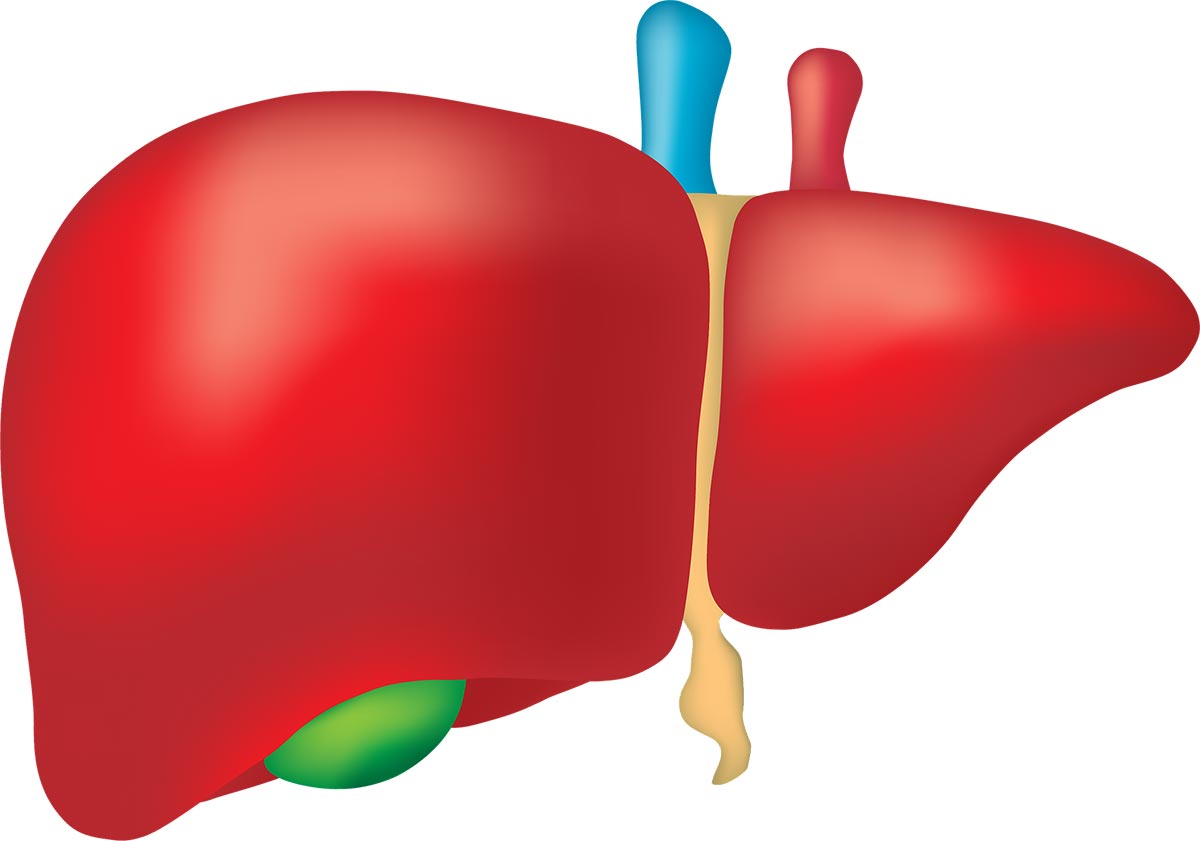The liver is often called the body's silent workhorse. It performs essential tasks like digestion, detoxification, and energy production, all of which are critical for maintaining overall health. Despite its importance, the liver often goes unnoticed until something goes wrong. Here's what you need to know about this vital organ and how to support its health.
Key Functions of the Liver
Digestion
The liver produces bile, a liquid stored in the gallbladder and released as needed to digest fat. Bile helps break down fats into smaller globules, making them easier for the body to absorb. It also aids in the assimilation of fat-soluble vitamins such as A, D, E, and K, along with calcium. Additionally, bile promotes intestinal peristalsis, supporting regular bowel movements.
Energy Production
Nutrients absorbed through the intestinal walls pass through the liver, which stores essential nutrients like iron, vitamins A, D, and B12. These nutrients are released as needed. The liver also regulates the oxidation of fats to produce energy and converts sugar into glycogen for storage in the liver and muscles. When energy is required, glycogen is converted back into sugar to fuel the body.
The liver plays a significant role in detoxifying the body. It processes toxins produced during metabolic functions and eliminates harmful substances from the food we eat, the air we breathe, and the products we use on our skin. A well-functioning liver ensures these toxins do not accumulate, protecting the body from harm.
What Can Go Wrong with the Liver?
Although the liver is resilient and capable of regenerating itself, excessive strain can impair its functions. Overeating, consuming processed foods, alcohol, smoking, and exposure to environmental toxins can overwhelm the liver. A diet low in protein and high in unhealthy fats and carbohydrates further exacerbates the problem. When the liver becomes overburdened, its ability to detoxify and digest efficiently diminishes, leading to weakened overall health.
Maintaining liver health requires a combination of lifestyle changes and targeted nutrition. Here are some tips:
Adopt a Balanced Routine
Follow a regular schedule, including waking up early, eating at consistent times, and ensuring adequate rest. This consistency helps the liver function optimally.
Mindful Eating
Eat smaller, balanced meals throughout the day and include protein in your breakfast alongside fresh fruits. Avoid overeating and steer clear of processed foods with preservatives, additives, and artificial ingredients. Use healthy cooking oils and limit fried foods, alcohol, and caffeinated beverages.
Avoid Over-Medication
Minimize the use of medications, especially painkillers and oral contraceptives, unless prescribed by a doctor. Excessive medication can strain the liver.
Stay Active
Incorporate regular exercise into your routine to enhance circulation and overall health. Physical activity supports the liver's detoxification processes and energy production. Aim for at least 8 hours of sleep each night. Adequate rest allows the liver to repair and regenerate itself.
Supplement Your Diet
Consider taking liver supplements to fill nutritional gaps and provide the liver with the support it needs to perform efficiently. Liver supplements can enhance the liver's ability to detoxify, digest, and produce energy. These supplements contain specific nutrients that target liver health, helping the organ manage today's dietary and environmental challenges.
Key Ingredients in Liver Supplements
Milk Thistle: A traditional herb with scientifically supported liver-protective and regenerative properties.
Artichoke Powder: Supports liver regeneration and bile production.
Psyllium Husk: Provides dietary fiber to bind toxins in the digestive system and aids nutrient production.
Taurine: An amino acid that plays a crucial role in detoxification.
Dandelion Root: Promotes bile production and supports digestion.
Slippery Elm: Soothes the digestive tract to enhance nutrient absorption.
Choosing Quality Liver Supplements
Opt for supplements like Liverol, which combine natural ingredients with scientifically validated benefits. A high-quality liver supplement can optimize liver functions, ensuring digestion, detoxification, and energy production operate at their best.
By incorporating these tips and supplements into your routine, you can support your liver's health and enjoy better overall well-being. A healthy liver is essential for a healthy life.












